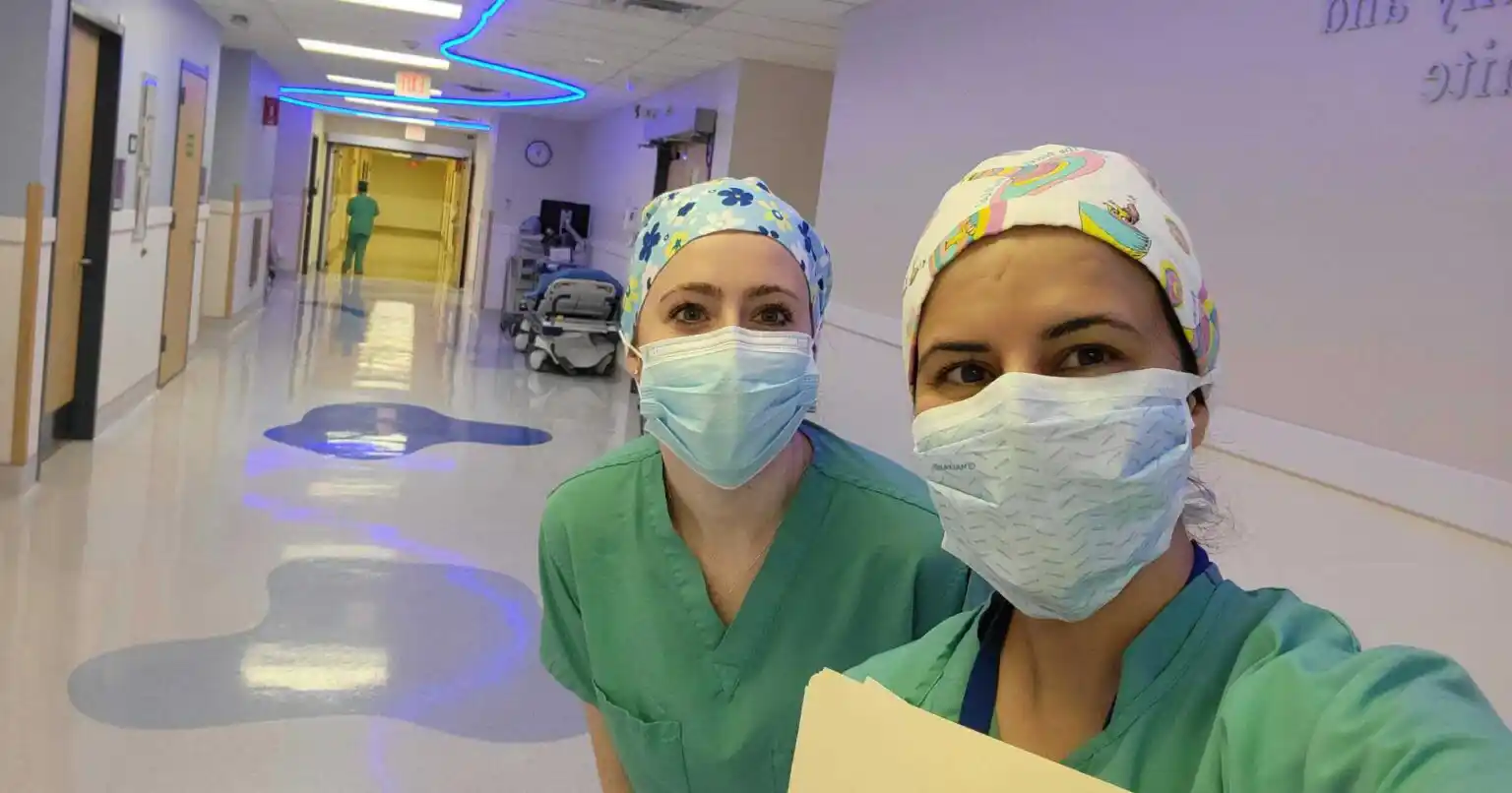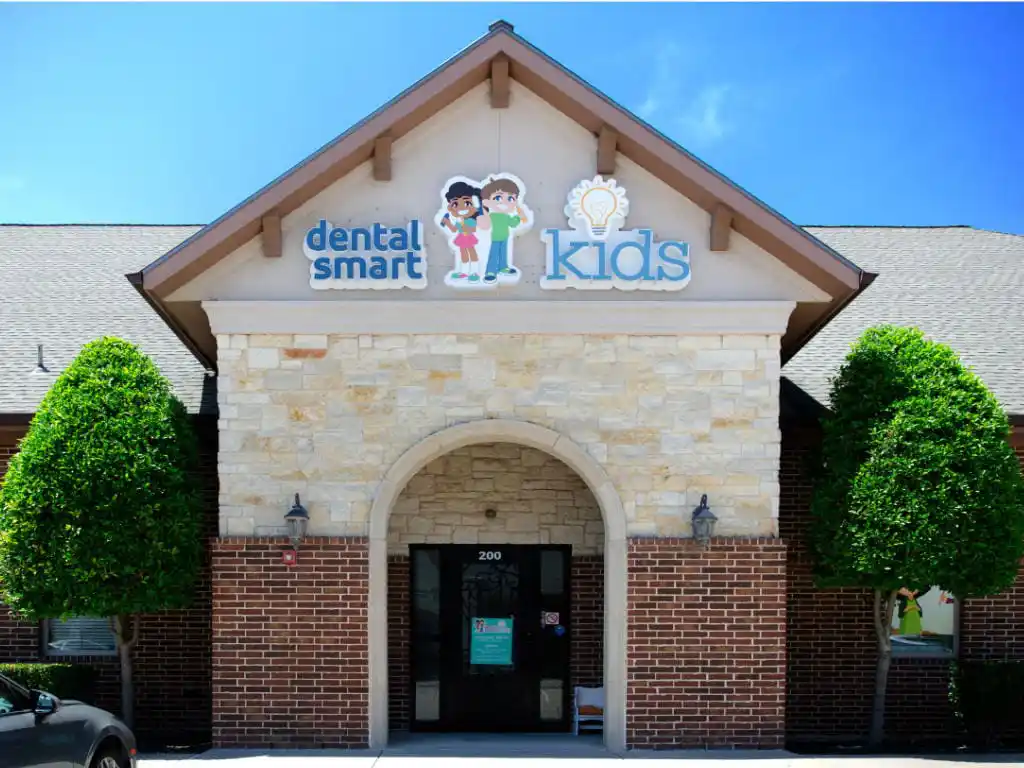Frisco Lip-Tie Surgery
Lip-tie is a condition where the tissue (labial frenulum) connecting the upper lip to the gums is too tight, thick, or short, restricting movement of the upper lip. This can impact a child’s ability to breastfeed, speak, and maintain good oral health. Lip-tie surgery, or a frenectomy, is a common, simple procedure that can improve lip mobility and enhance a child’s development. Here’s an in-depth look at lip-tie surgery for kids and why seeing a specialist matters.
What Causes Lip-Tie in Children?
Lip-tie is generally present at birth, likely due to developmental factors. During fetal development, the labial frenulum can sometimes remain too short or thick, leading to restricted movement of the upper lip. While the exact cause is not fully understood, lip-tie often has a genetic component, meaning it can run in families. Left untreated, a severe lip-tie can impact a child’s ability to breastfeed, cause speech issues, and may contribute to dental problems as they grow.
Why is Lip-Tie Surgery Recommended?
For some children, lip-tie may not cause any issues, and they can grow without restrictions. However, when the lip-tie significantly impacts feeding, speech, or dental development, surgery is often recommended. Here are a few common reasons for lip-tie surgery:
- Difficulty Breastfeeding: Infants with lip-tie may struggle to latch effectively, leading to feeding challenges, slower weight gain, and frustration for both baby and parent.
- Speech Development Issues: Restricted upper lip movement can impact the pronunciation of certain sounds, leading to delayed or unclear speech.
- Dental Concerns: A lip-tie can affect tooth positioning and oral hygiene, leading to issues like a gap between the front teeth, as well as problems with brushing and flossing.
By releasing the restricted frenulum, lip-tie surgery can help children overcome these challenges, improving their ability to speak, eat, and maintain proper oral hygiene.
Types of Lip-Tie Surgery: Laser vs. Scissors
There are two primary methods for performing lip-tie surgery: laser frenectomy and scissors frenotomy. A specialist will recommend the best approach based on the child’s specific needs, age, and severity of the lip-tie.
- Laser Frenectomy
Laser surgery is a popular choice for lip-tie correction because of its precision and minimally invasive nature. The laser allows for a controlled release of the frenulum, reducing bleeding and inflammation, and promoting quicker healing. Most children experience minimal discomfort, as the laser helps seal blood vessels and reduce the risk of infection. The recovery time is often shorter, and the procedure rarely requires stitches. - Scissors Frenotomy
In this traditional approach, sterile scissors are used to snip the frenulum. While effective, this method can result in more bleeding and may take slightly longer to heal compared to laser surgery. However, it remains a reliable option and is still widely used, especially when a laser is not available. With proper post-surgery care, the outcomes are typically excellent.
Both methods are generally performed under local anesthesia or numbing cream, ensuring the procedure is safe and comfortable for young children.
Why See a Frisco Lip-Tie Specialist?
A specialist in pediatric lip-tie surgery provides the necessary experience and expertise to ensure the procedure is effective, safe, and minimally invasive. Here are some benefits of choosing a specialist:
- Accurate Diagnosis and Customized Care
Specialists can assess the severity of the lip-tie and determine the most suitable surgical approach based on the child’s needs. Proper diagnosis helps ensure the best outcomes, especially for children with feeding or speech challenges. - Minimized Risk of Complications
Pediatric-focused techniques, anesthesia, and post-surgical care reduce the risk of complications. Specialists are also trained to make children comfortable, creating a safe environment for the procedure. - Coordinated Support for Speech and Feeding Development
Specialists often work with speech therapists, lactation consultants, and pediatric dentists to provide comprehensive care for children before and after surgery. This collaborative approach ensures that children get the support they need to reach their developmental milestones.
What to Expect After Lip-Tie Surgery
Lip-tie surgery is typically an outpatient procedure that takes less than 15 minutes. After the procedure, children may feel mild soreness, but this is generally manageable with over-the-counter pain relievers if needed. Specialists will provide parents with stretching exercises to perform at home, which can prevent reattachment and promote proper healing.
Many children experience immediate improvements in lip mobility after surgery, which can help them breastfeed more comfortably, speak clearly, and practice better oral hygiene as they grow. If additional support is needed, specialists may recommend follow-up therapies such as speech or feeding therapy to ensure the best possible outcomes.
How to Prepare Your Child for Lip-Tie Surgery
Preparing your child for lip-tie surgery can help ease their anxiety and make the experience more comfortable. Explain the surgery in simple terms, letting them know it will help them eat, speak, and feel better. For older children, talking about how the surgery will make everyday activities easier can provide them with a positive outlook.
If your child has been diagnosed with lip-tie, consulting a specialist can ensure they receive the highest quality care. Whether using laser or scissors, a skilled specialist can create a safe, comfortable experience that supports your child’s development and well-being. With proper care, children with lip-tie can experience full lip mobility, allowing them to thrive in their feeding, speech, and oral hygiene.


